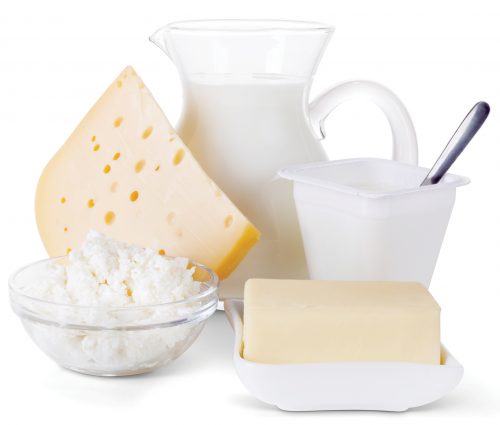
New overseas rules have banned the word ‘milk’ from plant products, such as soy and almond milks. Ciska de Rijk and Gwendoline Keel, food law specialists at Simpson Grierson, examine what this means for New Zealand.
In August, we ran an article on animal product alternatives and we’re back to inform you on the latest developments in this space.
What’s happening around the world?
Following a recent European court decision, purely plant-based products can no longer be sold in the European Union (EU) using terms such as ‘milk’, ‘butter’ and ‘cheese’.
The new law in the EU reserves such terms only for milk of animal origin. Therefore, common product names featuring these terms, such as ‘soy milk’, ‘tofu butter’ and ‘plant cheese’, will no longer be allowed.
These changes are designed to provide a clearer distinction between plant-based and purely dairy-based products and ensure consumers are not misled.
What’s up over the ditch?
Following in the steps of the EU, Australian dairy farmers are also pushing for a ban on the use of the word ‘milk’ on purely plant-based products.
Farmers’ groups want consumers to be better aware of the nutritional differences between traditional dairy milk and plant-based alternatives. An Australian dairy advocacy group is petitioning for Australia to keep up with the progressive labelling law in overseas markets and there’s a chance we could see changes to how plant-based products are labelled in Australia.
What’s the law got to say?
In New Zealand, the Fair Trading Act prohibits false and misleading representations and requires substantiation for claims made.
A product’s packaging, pictures and logos will be taken into account when determining whether a product’s claims are misleading.
Also, under the Food Standards Code, there are specific definitions that certain foods must meet, in order to be sold as such. For example, milk is defined as ‘the mammary secretion of milking animals, obtained from one or more milkings for consumption as liquid milk or for further processing’.
Where’s the line in the sand?
Products named and sold as food that do not meet their legal definitions are, potentially, in technical breach of the Food Code.
However, the non-compliance issue can usually be avoided by providing additional clarifying information on product labels. It is important that the package makes it clear exactly what the product is, especially in the case of dairy products where many people suffer from lactose intolerance. Any clarifying information and fine print must be prominent, clear and easy to read.
Although there are currently no specific laws in New Zealand that restrict the use of words such as ‘milk’, ‘butter’ and ‘cheese’ when it comes to product labelling, recent changes in other countries could have a flow-on effect in New Zealand.
Consumer tip
Read labels and additional information carefully to determine exactly what is in the product and to understand the nutritional differences between dairy products and purely plant-based alternatives.
www.healthyfood.com










